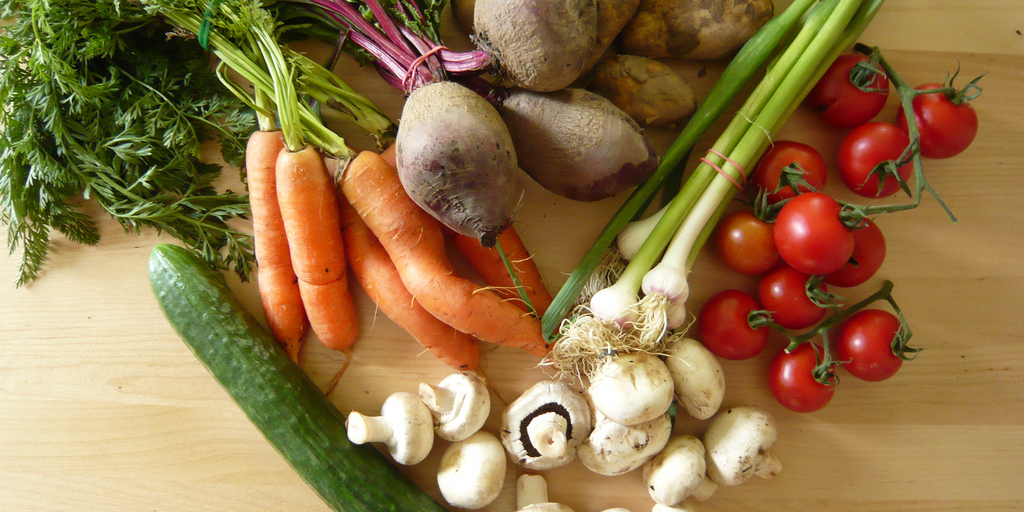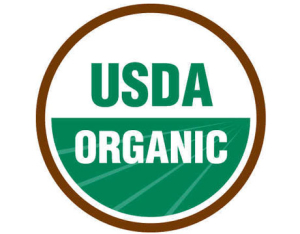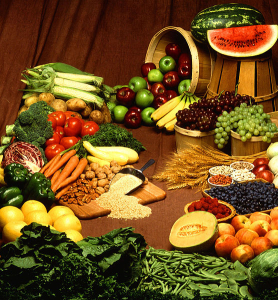With information flowing freely over the internet, an increasing number of people have been getting on the organic bandwagon. However, do we know what organic really means and if it is actually worth the hype? Let’s find out.
What does organic really mean?
Organic produce is grown without using ionising radiation, genetic modification, sewage sludge or artificial fertilisers. Organic poultry, dairy products, eggs and meat come from animals that are not given any growth hormones or antibiotics.
How organic is organic?
When a product has a “Certified Organic” or “USDA Organic” seal on it, it must have at least 95% certified organic contents. The USDA has strict guidelines to ensure that products with their certified seal do not include any industrial solvents, artificial fertilizers, dyes, synthetic additives, genetic engineering or irradiation. The remaining 5% contents can only be processed with additives that are listed on the organization’s approved list. However, there are plenty of other labels you will come across like “100% organic” and even “made with organic”. If a product is 100% organic, all the ingredients in it must meet the guidelines listed above. Products with “made with organic” label must have at least 70% organic ingredients.
Organic products come at a price
One of the biggest concerns of consumers is the high price associated with organic produced. However, these food products undergo tough scrutiny once they are produced. Producing organic food requires a lot of labor and involves a lot of expense. More importantly, organic farming is generally small scale and farmers do not benefit from federal subsidies, resulting in higher cost of produce.
Is organic really worth all the hype?
While organic food does offer a number of benefits; consumers often tend to have unrealistic expectations. The goal of organic farming is to encourage sustainable and environmentally friendly farming practices. The biggest benefit of buying organic is that the food products do not contain harmful chemicals or artificial growth hormones. That being said, they are not nutritionally superior in any manner. Although there’s still a lot of controversy, it is generally accepted by the scientific community that organic foods have the same nutritional content as conventional food items. When it comes to taste, a lot of people believe that organic food is better quality and therefore better tasting.
Know what you’re buying
Finding organic food isn’t hard today but it is important to read the fine print before you buy. While some products may advertise themselves as organic, they may not be truly organic. For example, products that have less than 70% of organic ingredients can list these ingredients on the package’s side panel but they can’t make any such claims on the front. “Organic” is a term that is used very frequently today to describe anything from food to shampoos and even textiles. A body care product that calls itself “organic” is not always free of harmful chemicals. Similarly, there are a lot of farmers that produce organic produce but may not be certified as “organic”.
How to go organic
Organic food is easy to find at grocery stores like Safeway, Kroger and Wal-Mart. There are also countless independent natural food chains, health food stores and natural grocery stores that sell organic food. Perhaps one of the best places to find organic food is at farmer’s markets where you can interact with farmers to learn more about their farming methods before purchasing their produce.
While organic food does offer a number of benefits, it is important to know what you’re buying and have realistic expectations from it.
Priyanka Trivedi









